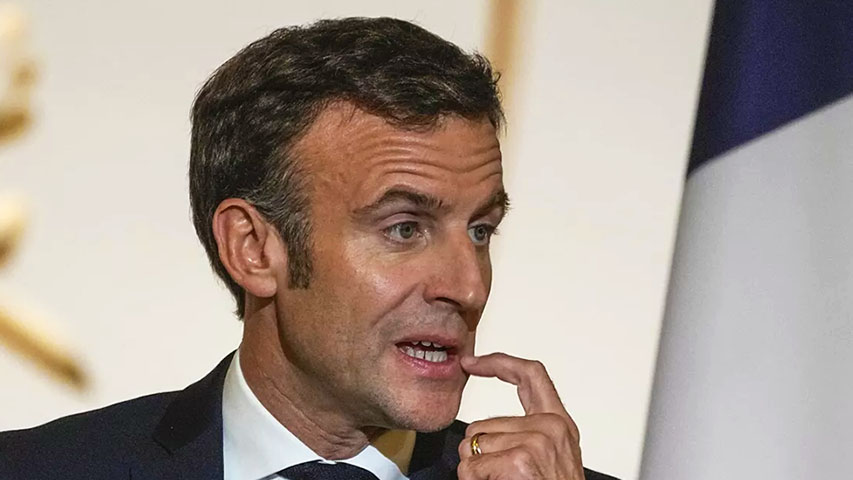
A Digital Operation Orchestrated from Moscow
A sophisticated disinformation network operated from Russia is actively targeting France. According to NewsGuard, the attack is believed to be led by Storm-1516, a group linked to the Internet Research Agency, previously involved in the 2016 U.S. elections. This time, the maneuver aims to weaken France's position on the international stage, particularly concerning support for Ukraine.
A Former American Policeman at the Heart of the Operation

John Mark Dougan: Accused of excessive use of force, sexual harassment, and no fewer than 21 felony extortion charges in the United States. Currently sheltered in Moscow.
One of the main actors in this campaign is John Mark Dougan, a former American deputy sheriff now residing in Moscow. He leads a team that utilizes artificial intelligence to create fake content — manipulated videos, fictitious news sites, fabricated testimonies — which are then widely disseminated on social media.
Five Major Fake News Stories and Millions of Views
Between December 2024 and March 2025, five viral fake news stories circulated, garnering over 55 million views. Among them:
- A fabricated video accusing a migrant of rape.
- A false claim that Volodymyr Zelensky purchased a French bank.
- A baseless accusation of pedocriminality against Brigitte Macron.
These falsehoods are translated into more than 13 languages and spread across over 40 platforms, including Facebook, Reddit, Telegram, and Bitchute.
Artificial Intelligence as the Engine of Propaganda
Generative AI plays a central role. It enables the creation of credible visuals, imitation of human speech, and rapid content production. Fake news articles are automatically generated and shared via sites that mimic traditional press outlets, making detection more challenging.
French AIs Tricked by Russian Content
Recent tests show that even chatbots like Le Chat, developed in France, are vulnerable to this disinformation. In 32% of cases, generative AIs reproduce these falsehoods without verification, inadvertently amplifying them.
France as a Prime Target

With nearly 39,000 false messages detected in a few months, France is currently the second European target of these campaigns, after Ukraine. Viginum, the French agency combating foreign digital interference, observes an increase in these attacks, particularly surrounding Emmanuel Macron's positions.
An Insufficient Response
Despite the magnitude of the threat, political responses remain timid. The European Union hesitates between content regulation and respect for freedom of expression. Meanwhile, Russia refines its methods and exploits the weaknesses of moderation mechanisms on social networks.
Source: repubblica.it
 Huawei Ascend P7
Huawei Ascend P7  Motorola Moto E40
Motorola Moto E40 Samsung Galaxy A3 Core
Samsung Galaxy A3 Core Samsung Z
Samsung Z  OnePlus 7T
OnePlus 7T  Nokia 7.2
Nokia 7.2 

